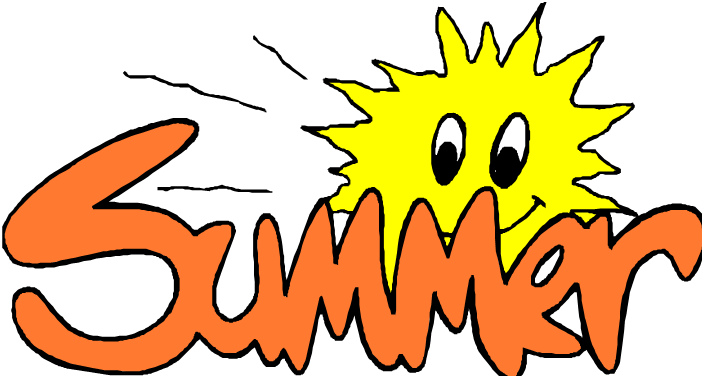Some people might mistakenly think that when the school year is over, there’s nothing left for a curriculum supervisor to do… but you know the truth: the summer is a time to organize and facilitate professional development activities, oversee summer programs, work with curriculum committees, and put everything in place for the upcoming school year. At the same time, you may find more quiet moments without the pressures of traveling to different schools for meetings, teacher evaluations, etc.

When you do find solace in the silent summer moments, use the time wisely: reflect, recharge, and relax! Here’s how:
Summer Learning Kit for Educators
Reflect.
Take some time to think back over the past school year. Ask yourself what you did well, along with any areas that may need improvement.
When you consider your accomplishments, ask yourself what behaviors or traits led to you success. Did you collaborate well? Take charge when necessary? Stay focused? Get organized? Put in lots of time on certain projects? Research heavily?
As for areas in need of improvement, consider what didn’t go as well as you would have liked. Take into account the way you approached different people, projects, and situations. For instance, what were your interpersonal relationships like? In this type of position, you certainly deal with many different personalities; and there are going to be times that people disagree with your decisions, yet your delivery and attitude can make all the difference.
By getting honest with your strengths and weaknesses, you put yourself in position to move forward productively in the upcoming school year as you begin to…
Recharge.
Based on your self-assessment, it’s time to plan and set some new goals. Here are some questions that may help guide you:
•What do you hope to accomplish during the new school year?
•What do you want to improve upon, and what steps can you take to get where you want to go?
•What would you like to keep the same (or maintain) due to its effectiveness?
•How can each goal be broken down into smaller milestones? How much time will it take to complete each component?
•Are there any professional development opportunities that you can take advantage of this summer that will enhance your skills, knowledge base, etc.?
•Whom do you need to obtain approval from (if anyone) for any of these goals?
Remember, having goals is a positive first step, but true change will only happen when you create the plan to achieve your goals – and then follow through with the necessary actions.
Still, be sure to take some time to…
Relax.
The students aren’t the only ones who need a break: you can benefit from time off, too. In fact, a Westin Hotels study found that “48% of those surveyed are happier and more positive in their workplaces and personal lives after taking a vacation” (Starwood Hotels & Resorts News, 2010).
If you have a scheduled vacation, be sure to tie up loose ends in the office first so you can truly appreciate your getaway, without the mental chatter and to-do lists that may distract you from enjoying yourself.
For items that you can’t complete beforehand – but must absolutely address upon your return – make a list and timeline so that you know that when you get back to work, you have a doable action plan in place, thereby eliminating stress and worry while you’re away.
These common-sense suggestions are simple, quick, and effective – allowing you to leverage your time at work for greater productivity, while still giving yourself a chance to relax and recharge your batteries. Maintaining this balance will propel you into the new school year with a positive mindset, an actionable list of goals, and the energy to carry it all out!
Calling all supervisors: how do you spend your summer days, in and out of work? How does your September-to-June routine differ from the summertime? We’d love to hear from you!






Pingback: Make the Most of Summer: Ideas for Curriculum Supervisors | Think Educative